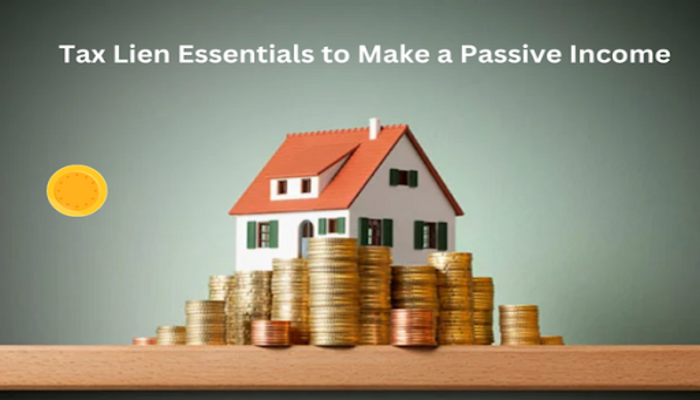What is a Tax Lien, and what are the benefits for an investor?
A tax lien is a legal claim the government makes on a property for unpaid taxes. The government can sell the property to satisfy the lien if the taxes are not paid. Tax liens are often issued when property owners fail to pay their taxes. However, they can also be issued for other types of taxes, such as income or sales taxes.
There are several benefits for investors who purchase properties with tax liens:
- The investor can often purchase the property for a significantly discounted price.
- The investor has a legal claim on the property, which gives them a certain degree of security.
- If the property is sold to satisfy the lien, the investor will receive all of the proceeds from the sale.
Purchasing properties with tax liens can be a profitable investment strategy. However, it is important to research and understand the process before purchasing any properties.
How to Research Potential Tax Liens Investments
Tax liens are a type of investment where an investor agrees to pay the back taxes on a property in exchange for receiving the deed to the property. In some cases, the investor may also be able to buy the property by paying back taxes. Tax liens are a relatively safe investment, but some risks are still involved. Before investing in a tax lien, it is important to do your research. The first step is to find out if there are any outstanding liens on the property. You can search public records or contact the county clerk’s office. If there are outstanding liens, you will need to determine if they have been paid off before you can buy the property. The next step is to research the property itself. You will want to find out how much the property is worth and whether any environmental hazards or other problems could lower the property’s value. Finally, you will need to contact the IRS to inquire about any potential tax consequences of buying the property. Doing your research can help minimize the risk of investing in a tax lien.
The due Diligence Process of Acquiring a Tax Lien Certificate
The due diligence process of acquiring a tax lien certificate is critical to protecting the investor’s interest in the property. Understanding how to buy tax liens and how the auction process works is important. The tax lien certificate holder has a first lien position on the property, which means that if the property goes into foreclosure, the tax lien certificate holder will be paid before any other creditors. The tax lien certificate holder also has the right to evict the property owner and take possession of the property if the taxes are not paid. The tax lien certificate holder can then sell the property to recoup their investment. To protect their investment, investors must do their due diligence and understand how to buy tax liens and how the auction process works.
3 Tips for Managing and Monitoring your Tax Lien Investment
A tax lien is a claim that a government entity, such as a county or municipality, has on a property for unpaid taxes. Tax liens are typically auctioned off to the highest bidder, and the winning bidder becomes responsible for paying back the taxes plus interest and fees. If the property owner fails to pay off the lien, the investor has the right to foreclose on the property and become the new owner. While tax liens can be a great investment, there are a few things to keep in mind to maximize your chances of success:
- Researching to find tax liens that are likely to be paid off is important.
- You will need the capital available to buy the lien outright; many auction houses require that you pay in full at the time of purchase.
- Once you have purchased a tax lien, it is important to monitor it closely to ensure it is paid off promptly.
By following these tips, you can increase your chances of success in the world of tax lien investing.
Exit Strategies for Redeploying or Liquidating your Tax Lien Certificates
If you buy houses for back taxes, you’re essentially taking on a property, hoping to either turn a profit or break even. To do this, you must be aware of the different exit strategies available to you. The first is to redeploy your tax lien certificate. This means you buy another house with the intent of living in it or renting it out. The second is to liquidate your tax lien certificate. This means you sell the property for less than what is owed and use the proceeds to pay off the tax lien. Whichever route you choose, be sure that you have a solid plan in place before making any decisions.
Conclusion
Tax liens can be a lucrative investment, but it’s important to do your research first. At Tax Lien Code, we provide investors with the tools and information they need to make informed decisions about their tax lien investments. We also offer support throughout the entire process, from researching potential investments to managing and monitoring them. Contact us today if you’re interested in learning more about tax lien certificates or want help getting started.
We look forward to helping you succeed in this exciting and profitable market!








